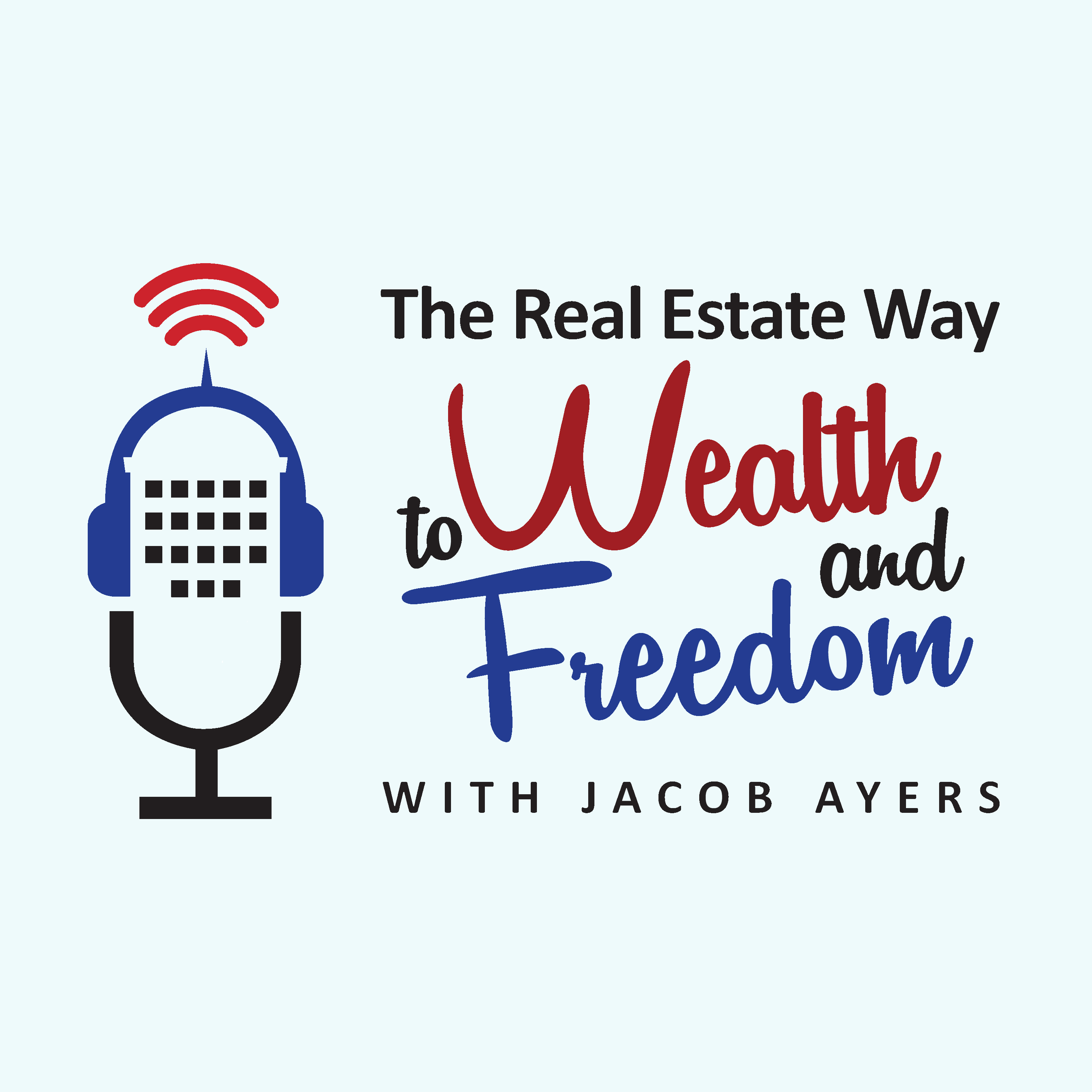Mitigate Your Risks - Friday Fundamentals

b'
Hedge Your Risk
Risk, by definition, is the possibility that something bad or unpleasant will happen. We take risks, avoid them, mitigate them, and are surrounded by them at all times. From getting in our vehicles and traveling to investing our money or time, we take calculated risks every day.
We all have different levels of risk tolerance. We all have different perspectives of what risk is.
To some people, investing their time and money is a risk. To others, not investing their time and money is a risk. We don\\u2019t even always agree on what exactly risk is.
Obviously, real estate investing comes with some risk. However, not investing in real estate also comes with risk. Some people go so far as to avoid risk that they incur risks by doing nothing. Some will argue that investing is risky and to that, I say doing nothing is also risky.
There are opportunity costs of doing nothing. So this leaves us at a crossroads \\u2013 risk if we do risk if we don\\u2019t. SO how do we move forwards and not let risk paralyze us.
Well luckily for real estate investors there are ways we can hedge our risk. Let\\u2019s explore those.
- Force appreciation \\u2013 this is one of the biggest advantages of multifamily. Since multifamily properties (5 units and larger) are largely valued on their net operating income, you can increase the value of the property by increasing the NOI.
- Buy for positive cash flow \\u2013 when you purchase a property that creates positive cash flow every month, you don\\u2019t have to worry about the current value of the property, current market conditions, and other things that may be somewhat out of your control. This is because whether or not the property increase in value or not, you are still getting paid to own it every single month. This gives you a lot of options.
- Secure long term debt. There\\u2019s almost no other asset in which you can get a long term, 30- year, fixed-rate loan. We might not know what the future holds, but with these types of loans, you can be sure that one of your largest expenses, your mortgage, will stay the same.
- Have adequate cash reserves \\u2013 When you buy a cash flowing property, not only are you building up monthly income every month. If you have adequate cash reserves, you are more easily able to handle those unexpected expenses that may arise.
- Buy at a discount \\u2013 when you purchase a property at a discount, or wholesale price, you can provide yourself with more wiggle room to complete the project, produce positive cash flow, or achieve whatever it is you\\u2019re doing with that specific property. There are several ways you can find and buy discounted properties. Usually what you\\u2019ll look for are sign of either owner distress or physical distress of the property. These include:
- Pre-foreclosures
- Foreclosure auctions
- Tax foreclosures
- Physically distressed properties
- FSBO
- For rent signs
*Bonus \\u2013 business entities, like LLC\\u2019s LLP\\u2019s, etc., property insurance, and equity.
As real estate investors, we\\u2019re constantly seeking asymmetric risk/return profiles, meaning the returns far outweigh the risks. The best hedge against risk is education. There\\u2019s nothing that pays a better dividend than investing in yourself. Once you understand how to protect your downside and mitigate risks, you can begin to take calculated risks that you may have once felt uncomfortable with.
Don\\u2019t let the fear of losing keep you from winning. Invest in yourself, continue to learn, and remember to look for opportunities where others see challenges.
'